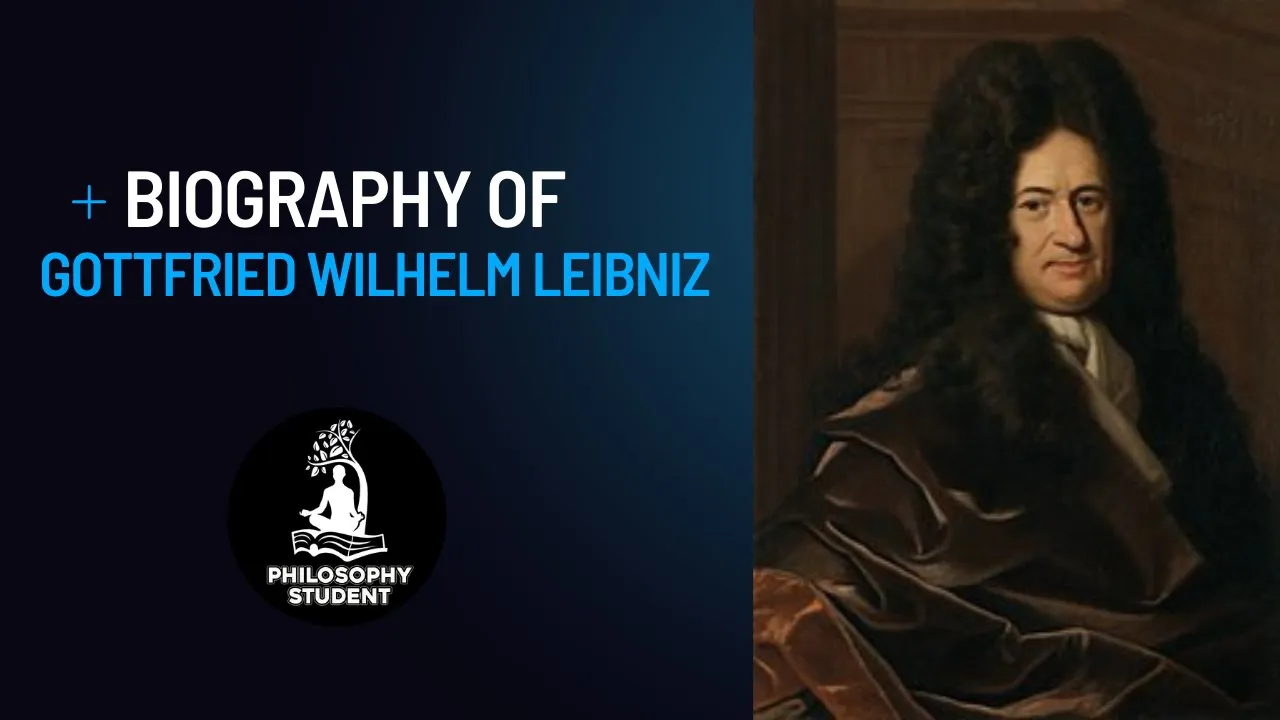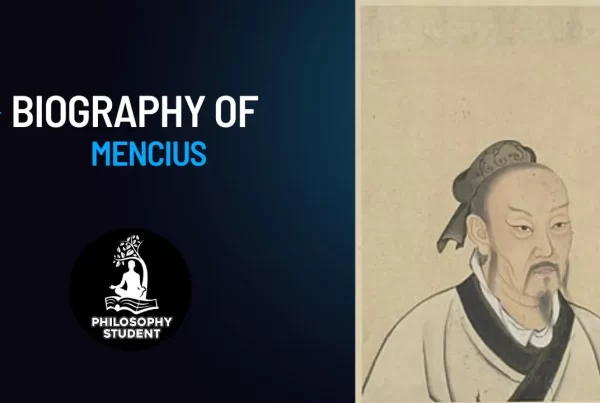One of the signature minds of the Enlightenment, Gottfried Wilhelm Leibniz is celebrated as the man who cofounded calculus with Isaac Newton, albeit independently from him. He is also remembered as a metaphysical idealist in philosophy, who theorized that reality is composed of spiritual non-interacting “monads,” which have created, of necessity, the “best of all possible worlds.”The core of Leibniz’s philosophy concerns our method of reasoning, which is based on two principles. The principle of contradiction deems every contradiction to be false; that is, a thing cannot be both x and not x at the same time. This affirms Aristotle. The second principle is that of sufficient reason: We can find no true or existent fact, no true assertion, without there being a sufficient reason why it is thus and not otherwise—although most of these reasons cannot be known to us. In short, there is nothing without reason or cause.
Related to the principle of sufficient reason is a third principle, the principle of the best, which holds that rational beings always choose and act for the best. Reason, therefore, is teleologically oriented toward goodness, and goodness provides the sufficient reason for rational choice. Leibniz sees the principle of the best as operating—differently—in both God and man. God, an absolutely perfect being, always knows what is best and acts accordingly. Human beings are imperfect and their knowledge thus limited, yet they always act according to what seems (from their limited perspective) best.
Three more principles are central to Leibniz’s philosophy. The predicate-in-notion principle holds that in any true, affirmative proposition, the predicate is contained in the subject. The principle of the identity of indiscernibles holds that any two objects sharing all properties are in fact the same, identical object. Each individual object contains some individuating characteristic. Individuation is intrinsic to the individual. Finally, the principle of continuity holds that nothing takes place suddenly: nature never makes leaps. Thus, all change is continuous. This principle is essential to Leibniz’s development of the infinitesimal calculus and is also significant for his metaphysics and epistemology.
Leibniz was born on July 1, 1646, in Leipzig, Germany, the son of a professor of moral philosophy at the University of Leipzig. Young Leibniz enrolled in that university in 1661 and studied briefly as well at the University of Jena in 1663. From here, he pursued a law degree and earned a doctorate from the University of Altdorf in 1666. During this latter period, he wrote a bachelor’s dissertation, A Metaphysical Disputation on the Principle of Individuation, as well as A Dissertation on the Art of Combinations (a treatise on combinatorial logic) and works on legal theory.
In 1668, Leibniz was employed by the Catholic court of the Prince-Archbishop of Mainz to reform legal codes and statutes. He was tasked by the Mainz court with working on the most important philosophical and theological questions of the day and laid the groundwork for a book on the Eucharist and a modern philosophy in harmony with Christian theology. Although the latter opus was never fully realized, Leibniz did write, during 1669-1671, Elements of Natural Law, Theory of Abstract Motion, and New Physical Hypothesis. The last is a rebuttal of Thomas Hobbes’s materialist view of the philosophy of mind. In the hindsight of maturity, Leibniz found all these youthful physical works unimpressive, but they attest nevertheless to the remarkable diversity of his interests.
In 1672, while on a diplomatic mission to Paris, Leibniz had access to the unpublished writings of Descartes and Pascal, met with leading Parisian intellectuals, and studied mathematics under the great Dutch mathematician Christiaan Huygens. He also twice visited London (1673 and 1676), meeting with mathematicians and physicists of the Royal Society. In 1676, he visited The Hague, where he met with Baruch Spinoza.
By 1675 he had fully developed his infinitesimal calculus, for which he became widely known. In 1672-1673, he wrote Philosopher’s Confession in refutation of determinism and in an effort to justify or rationalize the existence of evil in the best of all possible worlds.
In 1676, Leibniz became court librarian to Duke Johann Friedrich of Hanover, publishing in his spare time essays on mathematics, epistemology, and physics. His Discourse on Metaphysics (1686) developed a philosophy reconciling physical substance and physics with God’s role in the universe. In 1695, he published the first part of his Specimen of Dynamics and his New System of Nature, both works on physics. In 1703, he began writing New Essays on Human Understanding, a response to Locke’s Essay on Human Understanding. His Theodicy of 1710 defended his provocative thesis that we live in best of all possible worlds. Four years later, he wrote Monadology, a comprehensive summary of his philosophy. He died, in Hanover, on November 14, 1716.




































